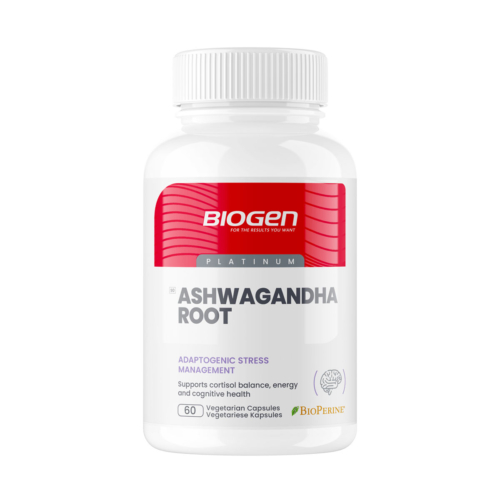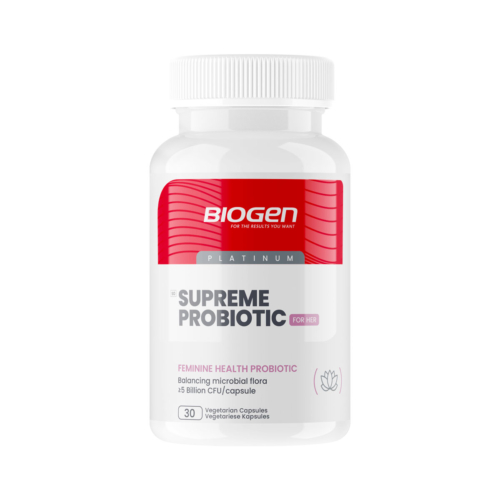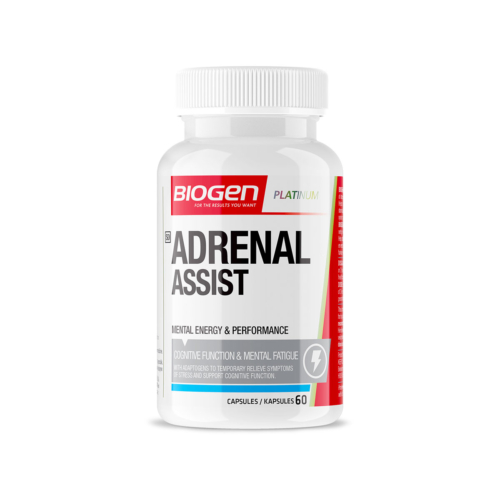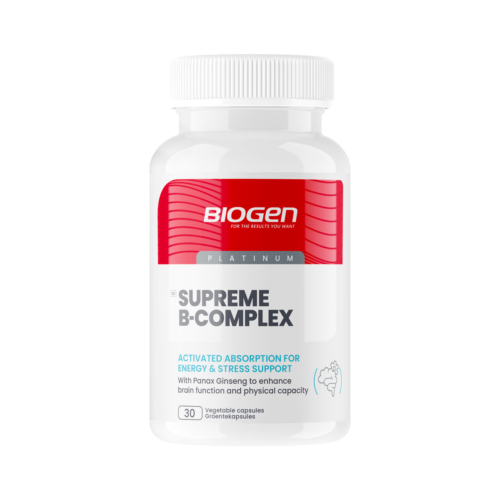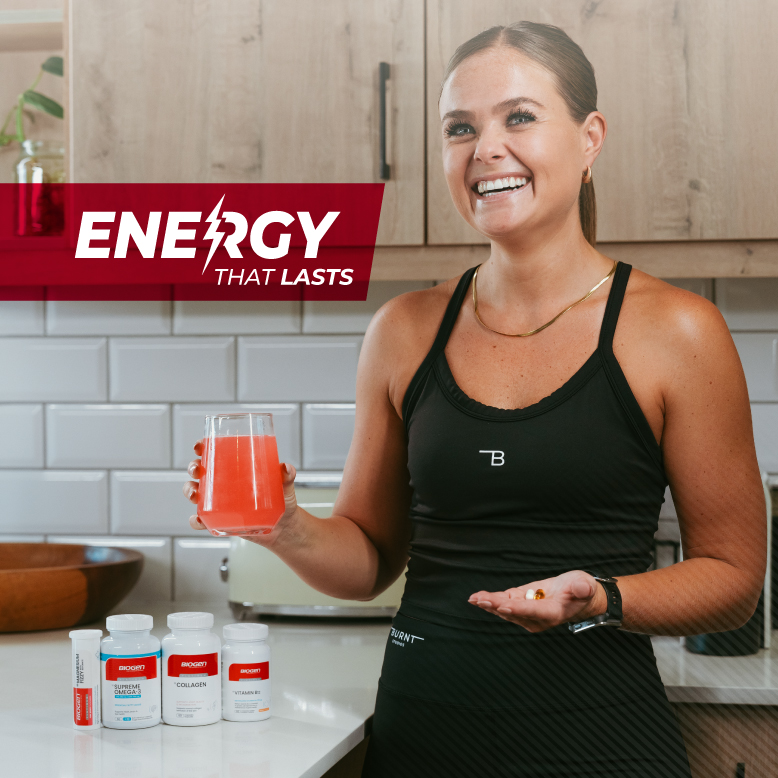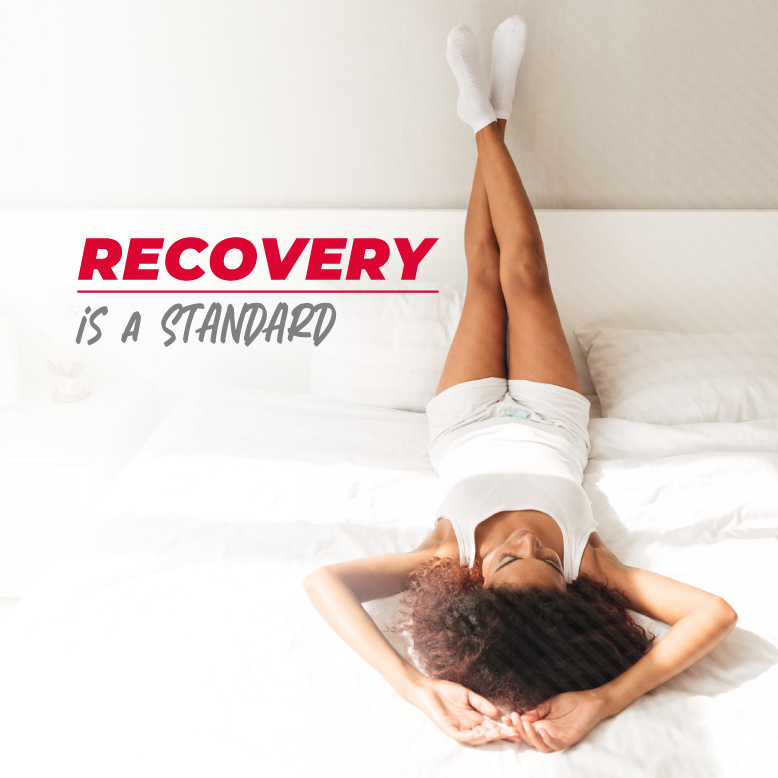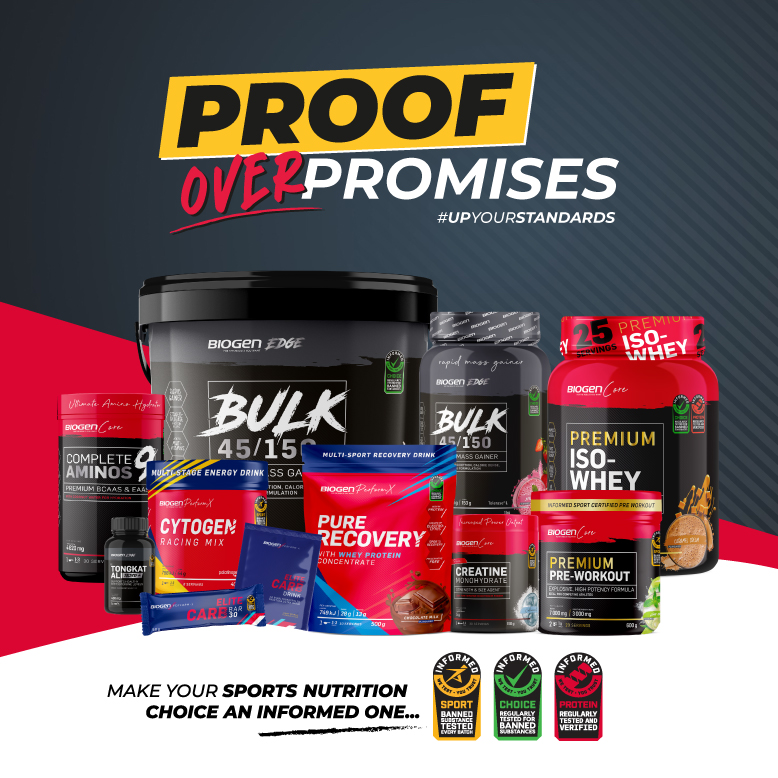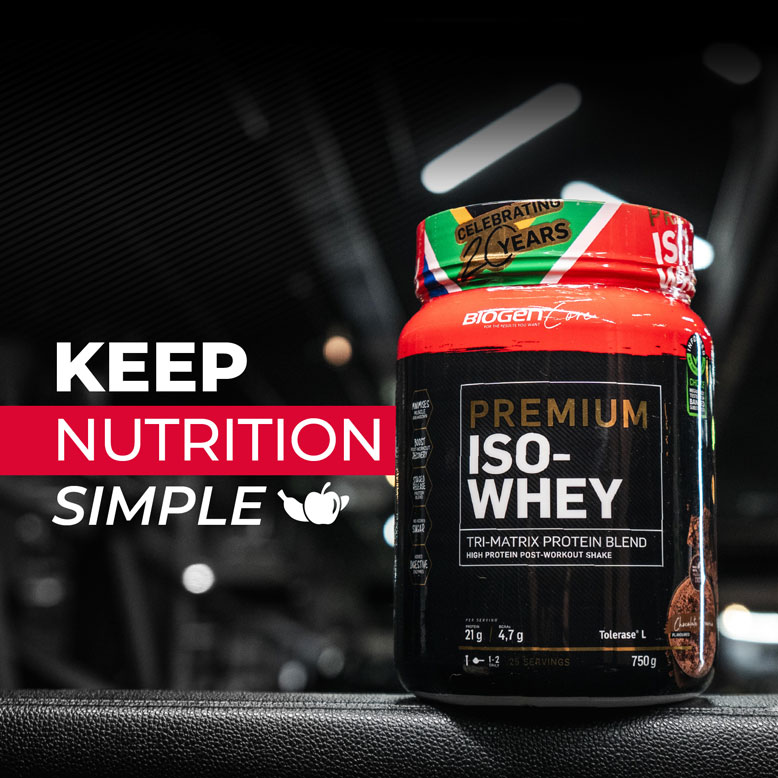
How to Train With Your Hormones to Support Strength, Energy, and Hormonal Balance Throughout Your Cycle
The ebb and flow of hormones that characterise our menstrual cycles are part and parcel of a woman’s life, but our training, comfort and happiness don’t need to suffer if we embrace the right approach.
Instead of fighting the rollercoaster ride, with its fluctuating energy levels and mood changes, reframing our menstrual cycle as a female-specific opportunity to work with our body, not against it, can unlock opportunities to leverage targeted nutrition and training approaches to use it to our advantage.
By choosing the right workouts at the right time, you can improve your performance, decrease injury risk, and manage PMS symptoms.
Work with your biology
Our cycle is a window into our fertility and overall health. Sex hormones such as oestrogen, progesterone, and testosterone play a major role in how we feel, how we build muscle, and how we recover after training.
By tuning into our body’s cues, we can work with our biology to function at our best. Optimising our performance through our menstrual cycle involves understanding the hormonal fluctuations and adapting training and nutrition accordingly.
Your menstrual cycle
A textbook menstrual cycle usually lasts for 28 days. However, this timeframe is highly individualised, spanning anywhere between 21 and 35 days depending on numerous factors.
Your cycle is broken down into two halves and 4 distinct parts:
Sync your training
The correct type of exercise and workout intensity can impact your body’s hormone levels, which can help to decrease symptoms and improve your mood.
However, exercising too intensely at the wrong time in your cycle can amplify your symptoms and leave you feeling drained.
While it’s tempting to double up and boost the burn, adding intense, prolonged exercise to the mix can leave you feeling exhausted. This increased energy expenditure is also linked to the rise in appetite and cravings during this time.
After ovulation, LH drops, and progesterone rises to prepare the body for a potential pregnancy. When oestrogen and progesterone levels peak during the luteal phase, keep your intensity low as high-intensity training can increase the production of these hormones.
Engage in activities like walks, low to moderate weight strength training with higher reps, and yoga and Pilates to improve flexibility and mood, manage stress, and possibly reduce symptoms, such as cramps.
Support your cycle with fats
Nutritional interventions are also critical to help you feel and perform at your best. While many women avoid dietary fats, these macronutrients are really important to help regulate hormone production and support numerous bodily functions, including the menstrual cycle and fertility.
These fats include those typically deemed ‘healthy’ – mono- and polyunsaturated essential fatty acids like omega-3s and omega-6s – and saturated fat and cholesterol, which are two forms that are typically demonised.
- Essential fatty acids: Vital for hormone production and balance. They help control inflammation and play a role in prostaglandin production, which affects various aspects of the menstrual cycle and fertility.
- Cholesterol: Acts as a precursor for steroid hormone production. These hormones include oestrogen and progesterone, which are essential for regulating the menstrual cycle and supporting reproductive health in women.
- Saturated fat: Necessary for the production of testosterone and oestrogens. These sex hormones play distinct yet interrelated roles in overall female health and optimal bodily function, contributing to reproductive health, cardiovascular health, and the maintenance of physical and mental well-being in women.
The power of probiotics
Probiotics are another dietary tool that is intricately linked to hormone balance, as the “oestrobolome” in the gut (the collection of bacteria in the gut that are capable of metabolising and modulating oestrogen production) influences oestrogen metabolism.
Probiotics can help reduce digestive issues like bloating and constipation, which are common during the luteal and menstrual phases. By improving gut-brain axis communication, they may also support mood and stress levels, potentially alleviating PMS symptoms.
We can get probiotics from natural sources by including fermented foods like yoghurt, kefir, sauerkraut, kimchi, and kombucha in our diets. It is also important to consume prebiotic foods that feed beneficial gut bacteria, such as onions, garlic, leeks, asparagus, and bananas.
A supplement like Biogen Supreme Probiotic For Her is another effective way to support your gut and its role in the menstrual cycle. The product contains probiotic strains for feminine intimate health and overall feminine wellness.
Support energy production
Supporting natural energy production throughout your cycle can help minimise the feelings of lethargy that can plague us during certain phases in our cycle.
B vitamins are crucial for energy metabolism, red blood cell production, and neurological function, with vitamins B6 and B9 (folate) essential for producing neurotransmitters like serotonin, which regulates mood.
This can be particularly helpful for maintaining motivation and managing mood swings and anxiety during PMS.
Consume a variety of whole grains, leafy green vegetables, lean meats, eggs, dairy, nutritional yeast, nuts, and seeds to naturally boost your B vitamin levels. You can also incorporate a comprehensive supplement like Biogen Supreme Vitamin B Complex. It contains choline, inositol and folate, and may support energy production and nervous system support.
Soothe stress
Ashwagandha is an adaptogenic herb that helps the body adapt to stress by modulating the hypothalamic-pituitary-adrenal (HPA) axis, which regulates cortisol (the stress hormone).
It can help:
- Reduce stress and anxiety.
- Improve sleep quality.
- Balance hormones, potentially helping with menstrual regularity and PMS symptoms like bloating, headaches, and mood changes.
- Increase energy and stamina.
- Aids in muscle strength and recovery.
By lowering cortisol and supporting adrenal function, a product like Biogen Ashwagandha Root can improve stress resilience, reduce fatigue, and enhance recovery, allowing for more consistent and effective training, especially during phases when stress levels might be higher (like the luteal phase). It can also help with muscle soreness.
Your other option is a comprehensive adrenal support supplement like Biogen Adrenal Assist.
Each capsule contains a blend of vitamins, including B vitamins (B1 and B5) and vitamin C, minerals, such as magnesium and chromium, and adaptogenic herbs like Rhodiola rosea, Panax ginseng and Echinacea purpurea that help the adrenal glands manage stress.
By supporting adrenal function, these supplements can help regulate cortisol levels, improve energy, reduce fatigue, and enhance the body’s ability to cope with the physical demands of training.
SUPPLEMENTS TO SUPPORT YOUR CYCLE:
References:
- Wohlgemuth KJ, Arieta LR, Brewer GJ, Hoselton AL, Gould LM, Smith-Ryan AE. Sex differences and considerations for female specific nutritional strategies: a narrative review. J Int Soc Sports Nutr. 2021 Apr 1;18(1):27. doi: 10.1186/s12970-021-00422-8. PMID: 33794937; PMCID: PMC8015182.


